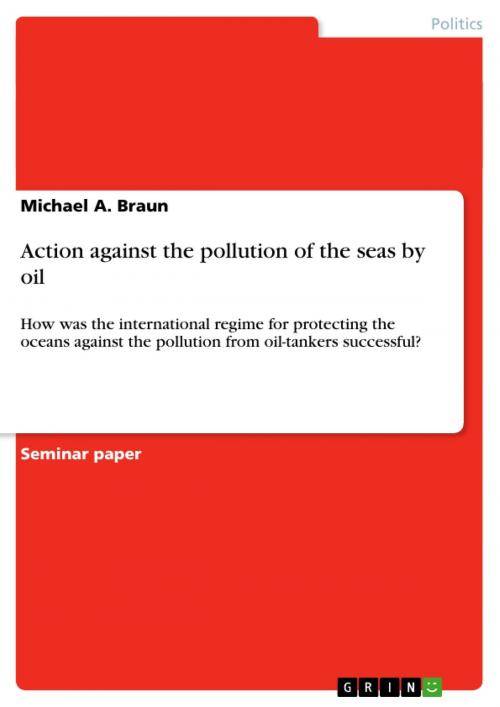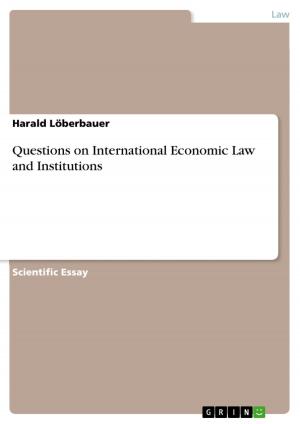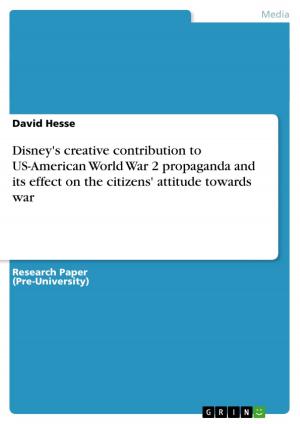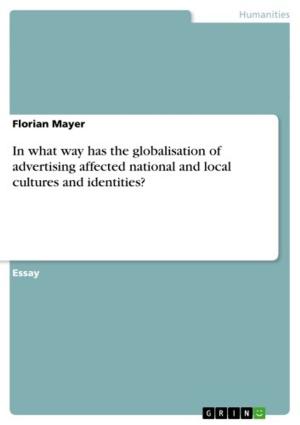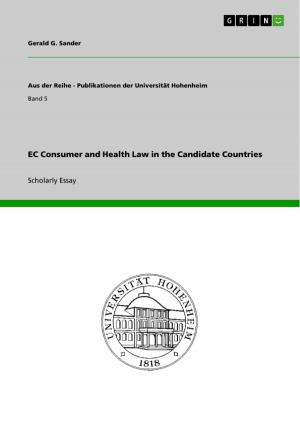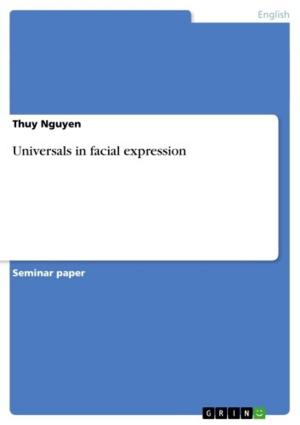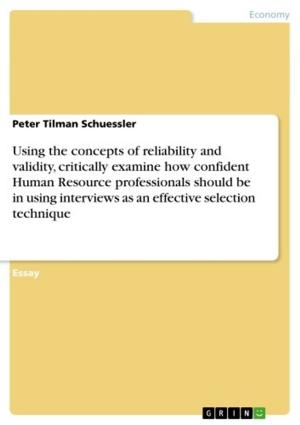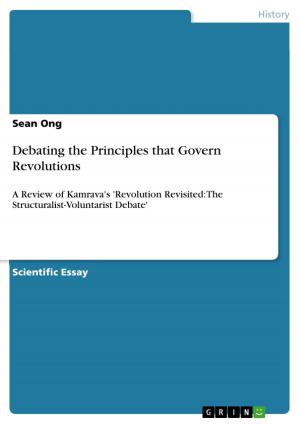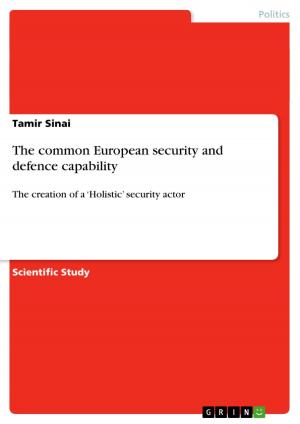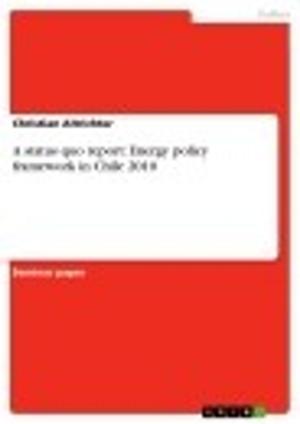Action against the pollution of the seas by oil
How was the international regime for protecting the oceans against the pollution from oil-tankers successful?
Nonfiction, Science & Nature, Science, Biological Sciences, Environmental Science| Author: | Michael A. Braun | ISBN: | 9783640192762 |
| Publisher: | GRIN Publishing | Publication: | October 21, 2008 |
| Imprint: | GRIN Publishing | Language: | English |
| Author: | Michael A. Braun |
| ISBN: | 9783640192762 |
| Publisher: | GRIN Publishing |
| Publication: | October 21, 2008 |
| Imprint: | GRIN Publishing |
| Language: | English |
Seminar paper from the year 2006 in the subject Politics - International Politics - Environmental Policy, grade: 2,4, University of Potsdam (Lehrstuhl für intl. Organisationen), course: International regimes: Theory, empirics and policy, 39 entries in the bibliography, language: English, abstract: For a long time oceans were seen as vast and restless. In recent years, however, this view has changed since the pollution of the sea became an ever serious problem. Fairly cleaned liquids as well as various waste-pieces have massive implications on the maritime life. In addition, intentionally discharged as well as accidentally released oil-products propose a huge challenge to the global community. Therefore the essay elaborates on this ecological issue with focus on oil-tankers as well as it lists up international actions taken against it. These are regime-induced (MARPOL 73/78) modifications at the ships itself such as load on top, segregated and protectively located ballast tanks, crude-oil-washing and double-hulls. The hypothesis of the paper is that the international measures taken have been adequate in general and changed the discharging habits of the industry lastingly. The agreements also seem to have made it possible to have the oceans nowadays less polluted than it assumably would have been without them. Therefore, apart from minor potential future corrections, the international regime for protecting the oceans against the pollution from oil-tankers was rather successful.
Seminar paper from the year 2006 in the subject Politics - International Politics - Environmental Policy, grade: 2,4, University of Potsdam (Lehrstuhl für intl. Organisationen), course: International regimes: Theory, empirics and policy, 39 entries in the bibliography, language: English, abstract: For a long time oceans were seen as vast and restless. In recent years, however, this view has changed since the pollution of the sea became an ever serious problem. Fairly cleaned liquids as well as various waste-pieces have massive implications on the maritime life. In addition, intentionally discharged as well as accidentally released oil-products propose a huge challenge to the global community. Therefore the essay elaborates on this ecological issue with focus on oil-tankers as well as it lists up international actions taken against it. These are regime-induced (MARPOL 73/78) modifications at the ships itself such as load on top, segregated and protectively located ballast tanks, crude-oil-washing and double-hulls. The hypothesis of the paper is that the international measures taken have been adequate in general and changed the discharging habits of the industry lastingly. The agreements also seem to have made it possible to have the oceans nowadays less polluted than it assumably would have been without them. Therefore, apart from minor potential future corrections, the international regime for protecting the oceans against the pollution from oil-tankers was rather successful.
